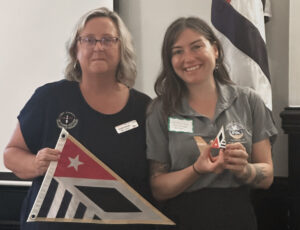News
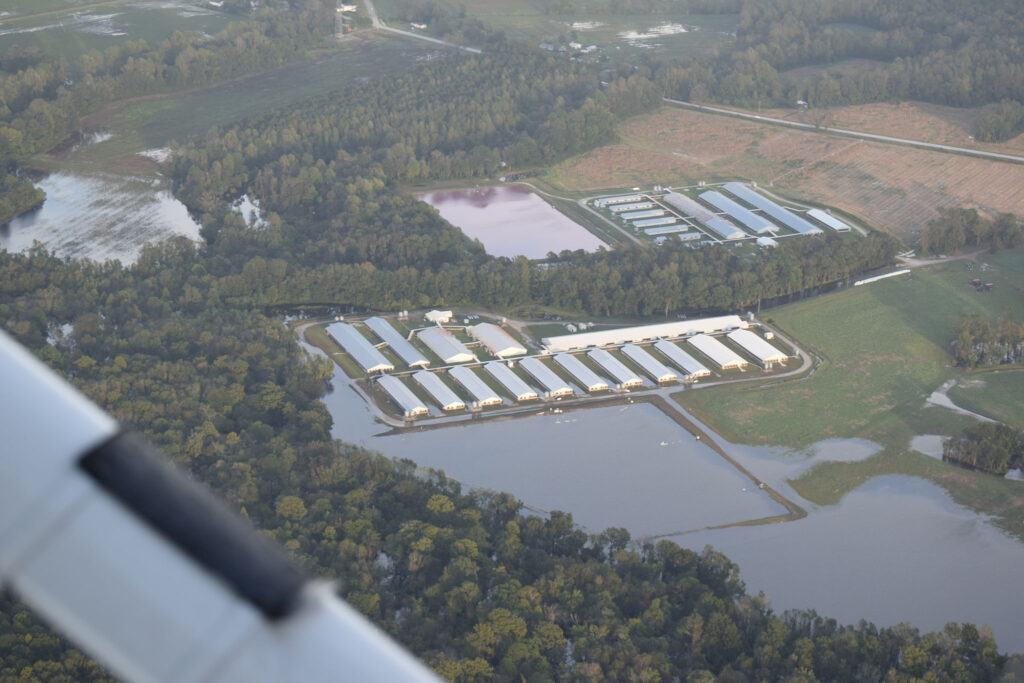
A Murphy-Brown-owned swine facility West of Trenton, NC, where the lagoon has been over topped by flood waters.
The Farm Bill: bad for the environment, bad for you
The Farm Bill (SB315) includes provisions that add to the cloak of secrecy around an industry that has polluted our environment and communities for decades.
One such provision in this year’s annual bill governing the state’s agriculture, would exempt some records submitted by agricultural producers and landowners from public records requests, making them unavailable to the public.
Preventing public access to these records would further stifle the voices of neighbors who live near massive hog operations, where thousands of animals live in confinement, with their waste stored in open pools, then sprayed on nearby cropland. The industry calls this the “lagoon and sprayfield” method.
Many of these neighbors lived here long before the industrial hog operations and foul-smelling waste pits moved in. The neighbors, in a series of nuisance suits, have been detailing how their physical health and quality of life have declined as a result of Boss Hog moving in next door. The industry’s callous response is generally, “if you don’t like it, move.” In many cases the people in the community don’t have the financial means to move, and, if we’re using schoolyard arguments, they were there first.
Juries in every suit so far sided with community members, awarding huge sums in damages. These nuisance suits were won with the assistance of public records submitted by the facilities. If these documents were to become exempt from public records, the neighbors of these factories would lose another tool to help them seek justice.
Another class of documents that would be exempt from public record are plans for biogas installation. The industry argues that if it were to cover its waste pits, it would minimize the impacts from major storms and capture methane from the waste to use as renewable energy.
What biogas systems do not address is the solid waste that will remain in cesspools. Also left behind: Ammonia, a respiratory irritant linked to asthma, would still be released into the air. Indeed, ammonia would be concentrated in the covered pits, exacerbating both air and water pollution when the waste is sprayed onto nearby fields. Biogas is, therefore, by no means the answer to the pollution these facilities cause.
Another provision to the Farm Bill would allow biogas retrofits or other waste management technology at hog facilities to be designed by the staff of Soil and Water Conservation Commission. These individuals would not be required to be licensed engineers, which means the people designing these systems may not be the best for the job. Worse still, because the plans and other records would not be considered public record, we would have no idea if their installation was consistent with their design.
Biogas retrofits would lock in the lagoon and sprayfield method of waste management even longer. The industry would like to hail it as a solution, instead of moving to environmentally superior technology that would truly address pollution problems.
More than twenty years ago, the legislature called for new waste management technology to address five specific pollution concerns: Runoff and discharge; odor; ammonia emissions; disease-carrying rodents and insects; and soil and groundwater contamination. The biogas projects proposed by the industry fail to address most of these problems, and can make some of them worse.
Boss Hog claims that the industry is not polluting. If so, why is it fighting so hard to hide public documents? Just like Dorothy pulled back the curtain on the Great and Powerful Oz to reveal only a man, it is time to do away with the curtain of secrecy surrounding industrial swine operations to reveal a corrupt industry that is buying our lawmakers and polluting our environment.
Related News
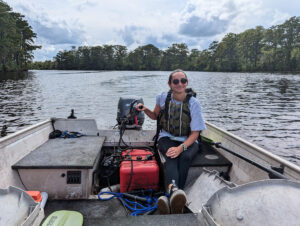
Riverkeeper monitoring Tar-Pamlico Water Trail
July 25th 2024

Rain ramps up trash-trap cleanouts
July 25th 2024

Riverkeeper, intern take on emergency trash trap cleanout
July 25th 2024

Tar-Pam Riverkeeper investigates Cub Creek turbidity
July 25th 2024
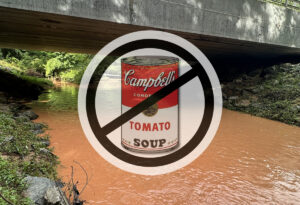
Heavy rains lead to sky-high turbidity on Lick Creek
July 25th 2024
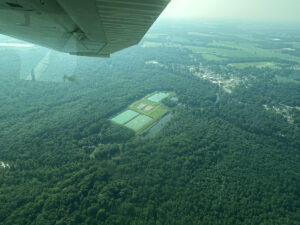
Riverkeeper: What goes up, must come down
July 18th 2024
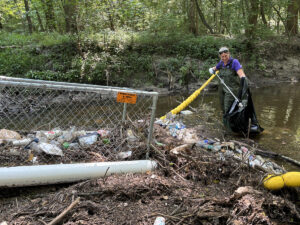
Greenville’s trash trap gets emergency cleanout
July 18th 2024

Sound Rivers gets close up of cyanobacteria
July 18th 2024
